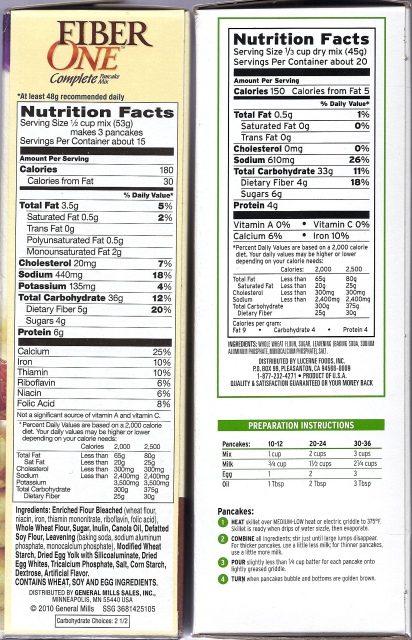Are Direct-to-Consumer Microbiome Tests Useful? Probably Not
Potential Benefits:
1. Awareness and Education: DTC microbiome tests can raise awareness about the importance of the gut microbiome and its potential impact on health. This can encourage individuals to adopt healthier lifestyle choices, such as improving their diet and lifestyle habits.
2. Personalized Recommendations: Some DTC tests provide personalized recommendations based on the individual's microbiome profile. While the accuracy and reliability of these recommendations may vary, they can offer individuals a starting point for discussing their health with healthcare professionals.
3. Research and Data Collection: DTC tests can contribute to scientific research by collecting vast amounts of data on the gut microbiome. This data can potentially aid in advancing our understanding of the role of the microbiome in various health conditions.
Drawbacks and Limitations:
1. Limited Clinical Utility: While DTC microbiome tests may provide information about the composition of an individual's gut microbiota, they often lack the context needed for meaningful clinical interpretation. The absence of standardized protocols, reference ranges, and expert guidance limits the usefulness of these results in guiding treatment decisions.
2. Oversimplification of Gut Health: DTC tests often present the gut microbiome as a simplistic indicator of overall health, implying a direct cause-and-effect relationship. In reality, gut health is influenced by various factors, and relying solely on microbiome test results may lead to oversimplification or misinterpretation.
3. Data Privacy Concerns: DTC tests require individuals to provide personal information and biological samples, raising concerns about data privacy and security. It is essential for companies to adhere to strict privacy standards to protect consumers' sensitive information.
4. Lack of Regulation: Currently, DTC microbiome tests are largely unregulated, which can compromise the quality and accuracy of the testing process. The absence of clear regulations leaves room for companies to make misleading or exaggerated claims about the reliability and significance of their tests.
5. Misinterpretation and Self-Treatment: Individuals may misinterpret their test results or make inappropriate lifestyle changes based on the provided recommendations without seeking guidance from healthcare professionals. This can lead to unnecessary anxiety or potentially harmful self-treatment practices.
Conclusion:
While DTC microbiome tests have the potential to raise awareness and educate consumers about the importance of gut health, their usefulness in guiding clinical decisions and improving health outcomes remains limited. The lack of clinical utility, oversimplified interpretations, data privacy concerns, and regulatory gaps highlight the need for caution and skepticism when using such tests. Individuals considering DTC microbiome tests should critically evaluate their limitations and consult with healthcare professionals for accurate interpretation and appropriate health advice.
-
Proteins in meat can damage the kidney
QuestionI have a friend who gets ill when ever she eats meat of a
-
psoriasis
QuestionHello.........My 43 year old wife is beginning to suffer
-
6
Questioni have been working out and eating right for the past two
-
Atkins :-)
QuestionHi Laura! I actually have a question about diets in
-
Gaining Weight!
QuestionI am a 55 female and typically find a balanced weight at
-
Is ephedra free Hydroxycut safe?
QuestionHello, I have just started taking ephedra free carb cont



